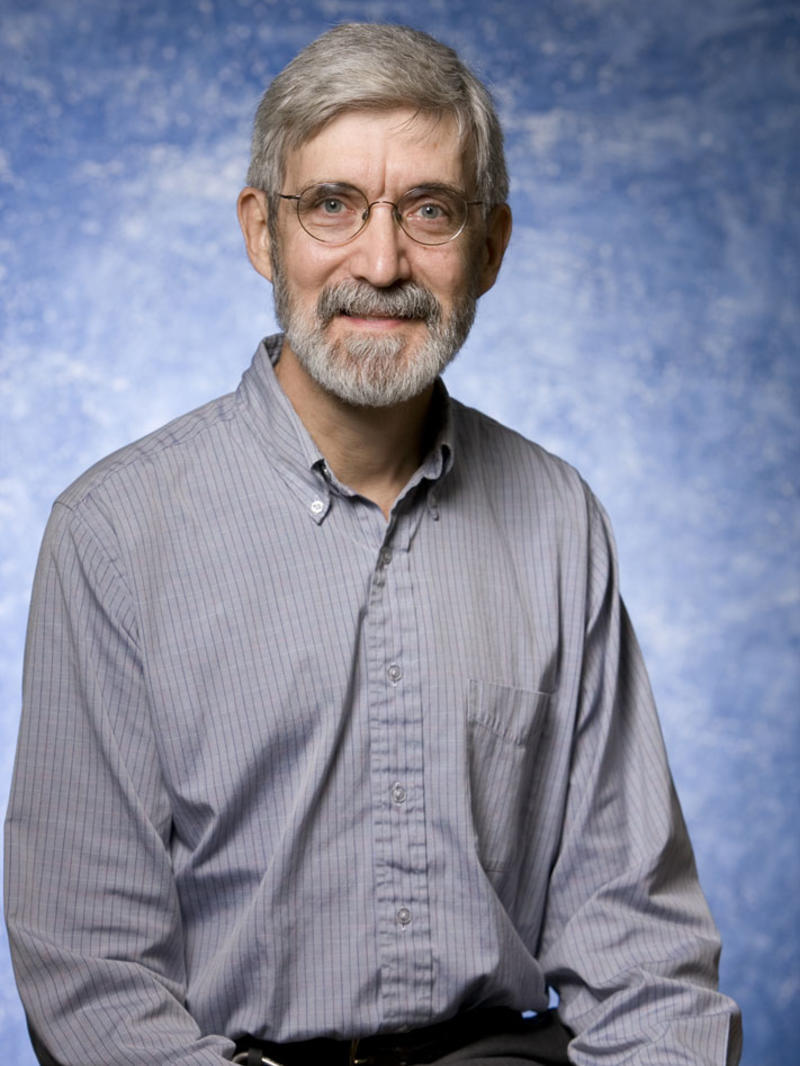The research in Dr. Bruist's laboratory investigates various aspects of the chemistry of DNA and its interaction with proteins.
The IHF-DNA Complex: Integration host factor (IHF) is a bacterial protein that bends DNA so that sites that are separated along the sequence are brought close together in space. This is critical to building intricate DNA-protein complexes with diverse functions, from regulating RNA synthesis to packing DNA into the heads of viruses. Bruist is using molecular mechanics computer simulation, fluorescence spectroscopy, and chemical probing to study the interaction of IHF and DNA. Specific questions being asked concern the flexibility of the DNA in the complex, whether regional contacts break regularly, and the role of acidic residues in the binding of DNA.
ESI Mass spectrometry of DNA: In collaboration with Dr. Catherine Bentzley’s research group, Bruist is investigating the influence of the secondary structure of DNA on its mass spectrometry. Electrospray ionization (ESI) creates a family of multiply charged whole-molecule ions. They have demonstrated that the average charge is higher when DNA can form a helix. Bruist's group is using molecular dynamics to contrast the structure of DNA ions in water and in vacuum. Understanding the ion properties may lead to simple mass spectrometry experiments to determine structural features of DNA.
